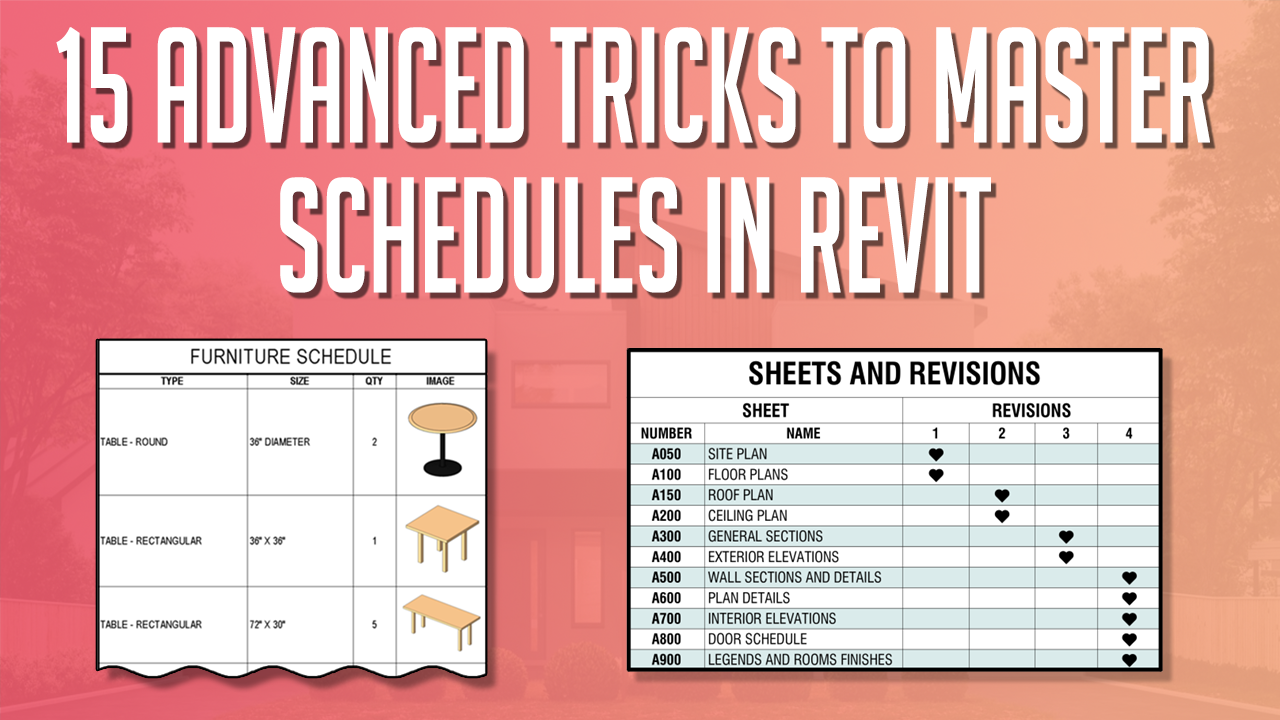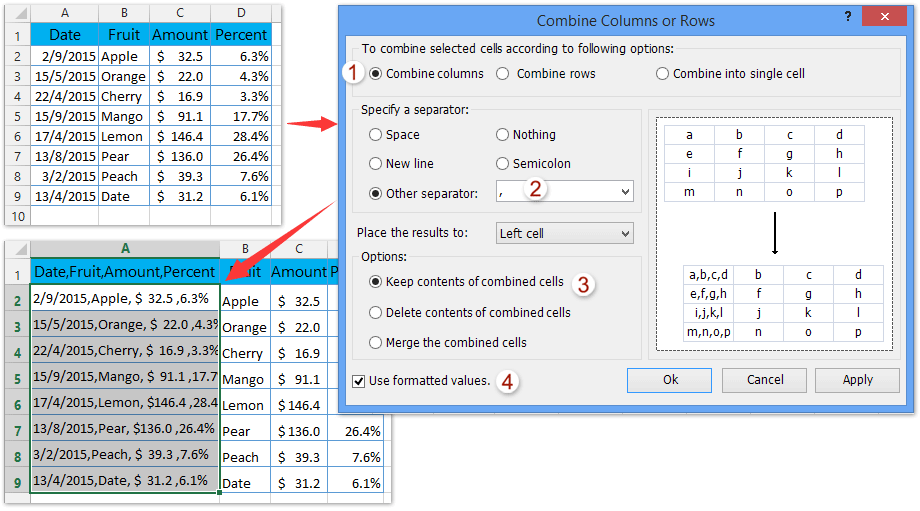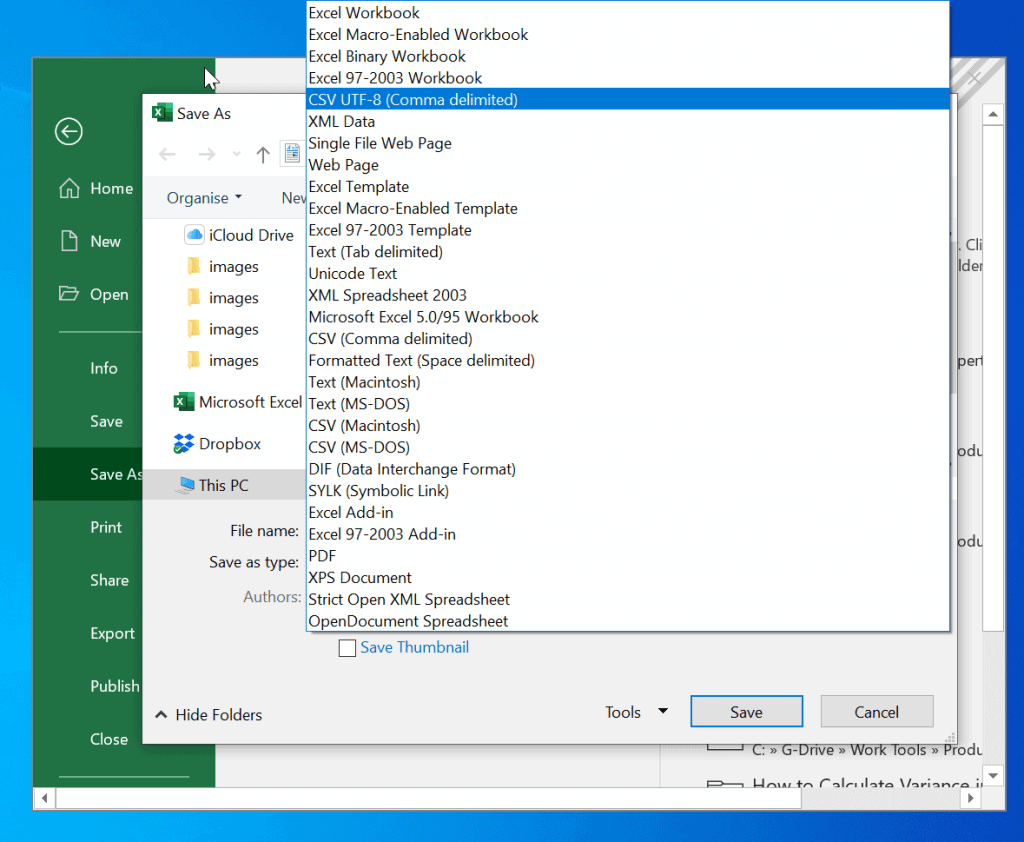3 Ways to Cross Out Text in Excel Quickly

When working with spreadsheets in Microsoft Excel, sometimes it's helpful to mark off items on a list without deleting them, for clarity or record-keeping purposes. This can be done by striking through or crossing out text, making it visually distinct and easy to identify. In this comprehensive guide, we will explore three straightforward methods to cross out text in Excel, enhancing your data presentation and workflow efficiency.
Method 1: Using the Format Cells Option
The first approach to cross out text in Excel involves using the built-in formatting options. This method is straightforward and doesn’t require any special tools or add-ins.
- Select the Cell(s): Click on the cell containing the text you want to cross out.
- Access Format Cells: Right-click and select
Format Cellsfrom the dropdown menu or press Ctrl + 1. - Find the Font Tab: In the Format Cells dialog, navigate to the
Fonttab. - Enable Strikethrough: Under the Effects section, check the box next to
Strikethrough, then clickOK.
👀 Note: Remember, this method affects the entire cell content, and only the font formatting is altered, not the data.
Method 2: Quick Access Toolbar Customization
If you frequently need to apply strikethrough formatting, customizing the Quick Access Toolbar (QAT) can streamline your workflow.
- Open Excel Options: Click on the
Filetab, then chooseOptions. - Customize the QAT: Select
Quick Access Toolbarfrom the Excel Options window. - Find Strikethrough: In the
Choose commands fromdropdown, selectAll Commandsand findStrikethrough. - Add to Toolbar: Click
Add >>to include it in your QAT. - Apply Strikethrough: Now, with a cell selected, simply click the new Strikethrough button to cross out the text.
Method 3: Conditional Formatting
Conditional formatting can automate the strikethrough process for certain conditions or values in your spreadsheet.
- Select the Cells: Highlight the cells or range where you want to apply conditional formatting.
- Go to Conditional Formatting: Under the
Hometab, click onConditional Formatting > New Rule. - Select Rule Type: Choose
Use a formula to determine which cells to format. - Define Formula: Enter your criteria. For example, to cross out cells with the value "Completed," you might use
=A1="Completed". - Choose Strikethrough Format: Click
Format > Font > Strikethrough, then clickOK.
🔍 Note: Conditional formatting makes your spreadsheet interactive, allowing for dynamic data representation based on specific rules you set up.
Mastering these methods to cross out text in Excel can significantly enhance your ability to manage and visualize data effectively. By applying these techniques, you can not only keep your work organized but also make your spreadsheets more intuitive for others to understand. The key is to use these tools in ways that align with your data analysis and presentation needs, ensuring that your Excel usage is both efficient and professional.
Can I undo the strikethrough formatting in Excel?
+Yes, you can undo strikethrough formatting by selecting the cell and either unchecking the Strikethrough option in the Format Cells dialog, clicking the Strikethrough button in the QAT if it’s customized, or altering the conditions in Conditional Formatting if that was used.
Does strikethrough formatting affect data calculations or sorting?
+No, strikethrough formatting only changes the appearance of the text, not the underlying data values, so it doesn’t impact calculations or sorting within Excel.
Can I use these methods to cross out text in Excel for Mac?
+Yes, these methods are largely similar on both Excel for Windows and Mac. However, the interface might differ slightly, particularly with the customization of the Quick Access Toolbar, which Mac users might find in the Ribbon’s View menu.



